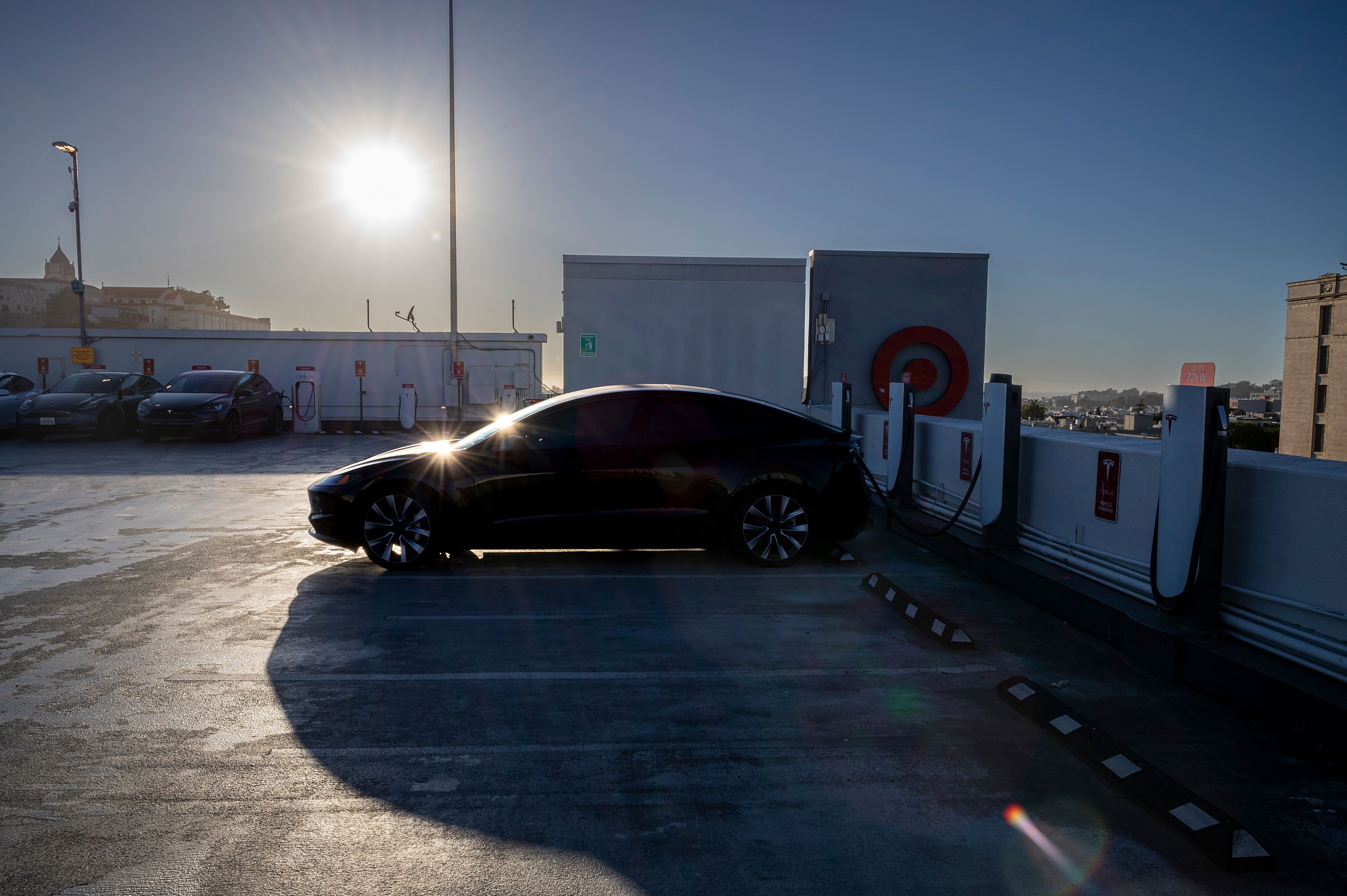What to Do When a Power Outage Hits and You Can't Charge Your EV

- Charge your EV every night to ensure a full charge in case of a power outage
- Know the location of public charging stations within a 25-50 mile radius of your home
- Consider investing in a portable charger or a backup power source, such as a battery pack or a solar charger
- Use a generator to charge your EV, if possible
- Use a public charging station with a backup power source, if available
Introduction to Power Outages and EVs
A power outage can be a stressful experience, especially for electric vehicle (EV) owners who rely on electricity to charge their cars. However, with some preparation and knowledge of alternative charging options, EV owners can navigate power outages with ease.
Most power outages are brief, lasting only a few hours. According to the U.S. Energy Information Administration (EIA), the average American experienced fewer than six hours of power interruptions over the entire year in 2023. Additionally, gas pumps also require electricity to function, so EV owners are not at a disadvantage during a power outage.
Preparedness is Key
To prepare for a power outage, EV owners can take a few simple steps. First, charge your EV every night, rather than just every few days when the battery is low. This will ensure that you have a full charge in case of a power outage. Second, know the location of public charging stations within a 25-50 mile radius of your home. This will give you a backup option in case you need to charge your EV during a power outage.
It's also a good idea to have a backup plan in case of an extended power outage. This could include identifying a friend or family member with a generator or a public charging station that is likely to have power. Additionally, consider investing in a portable charger or a backup power source, such as a battery pack or a solar charger.
Alternative Charging Options
If you do experience a power outage, there are several alternative charging options available. First, you can use a generator to charge your EV. Make sure your house is wired to include an outlet near where you park your EV, and consider investing in a portable charger that can be plugged into the generator.
Second, you can use a public charging station. Many public charging stations have backup power sources, such as generators or solar panels, that can provide power during an outage. You can use online maps or apps to find public charging stations near you and check their status.
Real-World Examples
During Hurricane Milton in 2024, many EV owners in Florida were able to charge their cars at public charging stations, despite widespread power outages. According to data from Stable, a company that helps plan and operate EV charging networks, over 85% of charging points were back online within two days of the hurricane.
This experience demonstrates that, with proper planning and infrastructure, EV owners can navigate power outages with ease. As the number of EVs on the road continues to grow, it's likely that the number of public charging stations will also increase, providing even more options for EV owners during a power outage.